I have a posts Model & Controller and when I try to get all posts, it returns the created_at and updated_at colums as this:
"created_at": "2020-05-31T22:04:38.000000Z",
As you can see, there is a weird "T" between the date and time + there's ".000000Z" at the end.
I tried using Carbon::setToStringFormat(); but no luck.
This is my PostsController@index
{
Carbon::setToStringFormat(DateTime::ISO8601);
$posts = Post::with('author:id,name,lastName')->get();
return response()->json(['posts' => $posts->toArray()],200);
}
And this problem persists on every single model/migration I have made. Including the users table.
"users": [
{
"id": 1,
"email": "admin@test.com",
"status": "admin",
"name": "Administrators",
"lastName": "Uzvārds",
"department": "client",
"phone": "null",
"created_at": "2020-05-31T22:03:36.000000Z",
"updated_at": "2020-05-31T22:03:36.000000Z"
},
{
"id": 2,
"email": "user@test.com",
"status": "employee",
"name": "Darbinieks",
"lastName": "Uzvārds",
"department": "client",
"phone": "null",
"created_at": "2020-05-31T22:03:36.000000Z",
"updated_at": "2020-05-31T22:03:36.000000Z"
}
]
